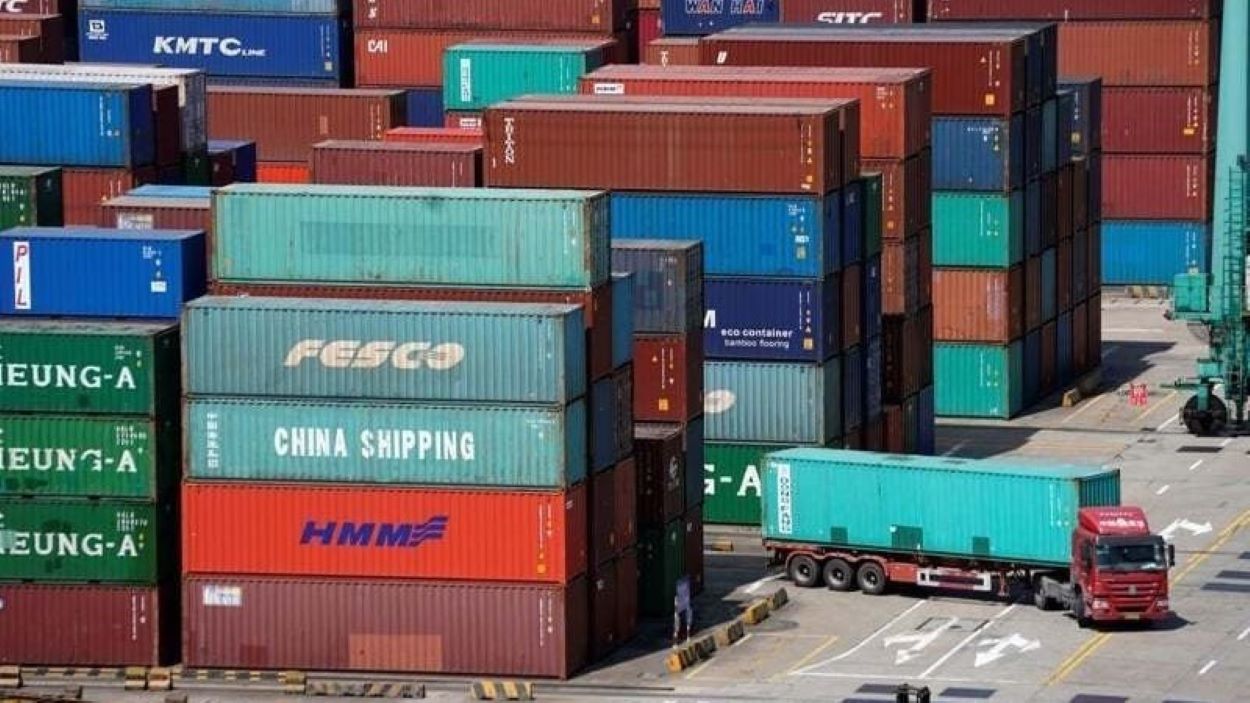Pakistan’s Ministry of Commerce issued a notification revising the Business-to-Business (B2B) Barter Trade Mechanism with Iran, Russia, and Afghanistan. The amendments aim to make trade more business-friendly by addressing operational challenges faced since the mechanism’s launch in June 2023.
The updated rules include:
- Relaxed Export-Import Rules: Mandatory exports before imports are no longer required, allowing simultaneous transactions.
- Extended Transaction Period: The completion window for barter deals extends from 90 to 120 days.
- Removed Item Restrictions: The list of permitted goods has been eliminated, aligning with general export-import policies.
- Consortia Allowed: Private entities can form groups to facilitate trade.
Pakistan’s Ambassador to Iran, Muhammad Mudassir Tipu, announced on X: “The new SRO addresses business community concerns, aiming to elevate Pakistan-Iran trade.” He urged trade bodies to promote the framework for mutual benefits.
I am delighted to share that Pakistan has issued a new SRO aimed at promoting barter trade between Pakistan and Iran. After an exaustive process of deliberations- many concerns of business community of both Iran and Pakistan have been taken into account and addressed in the new… pic.twitter.com/5Z6iQlNWQd
— Ambassador Mudassir (@AmbMudassir) October 19, 2025Initial restrictions, such as contract verification by overseas missions and limited tradable goods, slowed commerce. Consultations with the State Bank of Pakistan, Ministry of Foreign Affairs, Federal Board of Revenue, and Pakistan Single Window led to the Economic Coordination Committee’s approval of the revised Statutory Regulatory Order (SRO) this month.
Read: IMF Proposes Mission to Probe Pakistan’s $30 Billion Trade Data Gap
The reforms boost Pakistan’s trade with key neighbours, enhancing economic ties and addressing operational hurdles.






